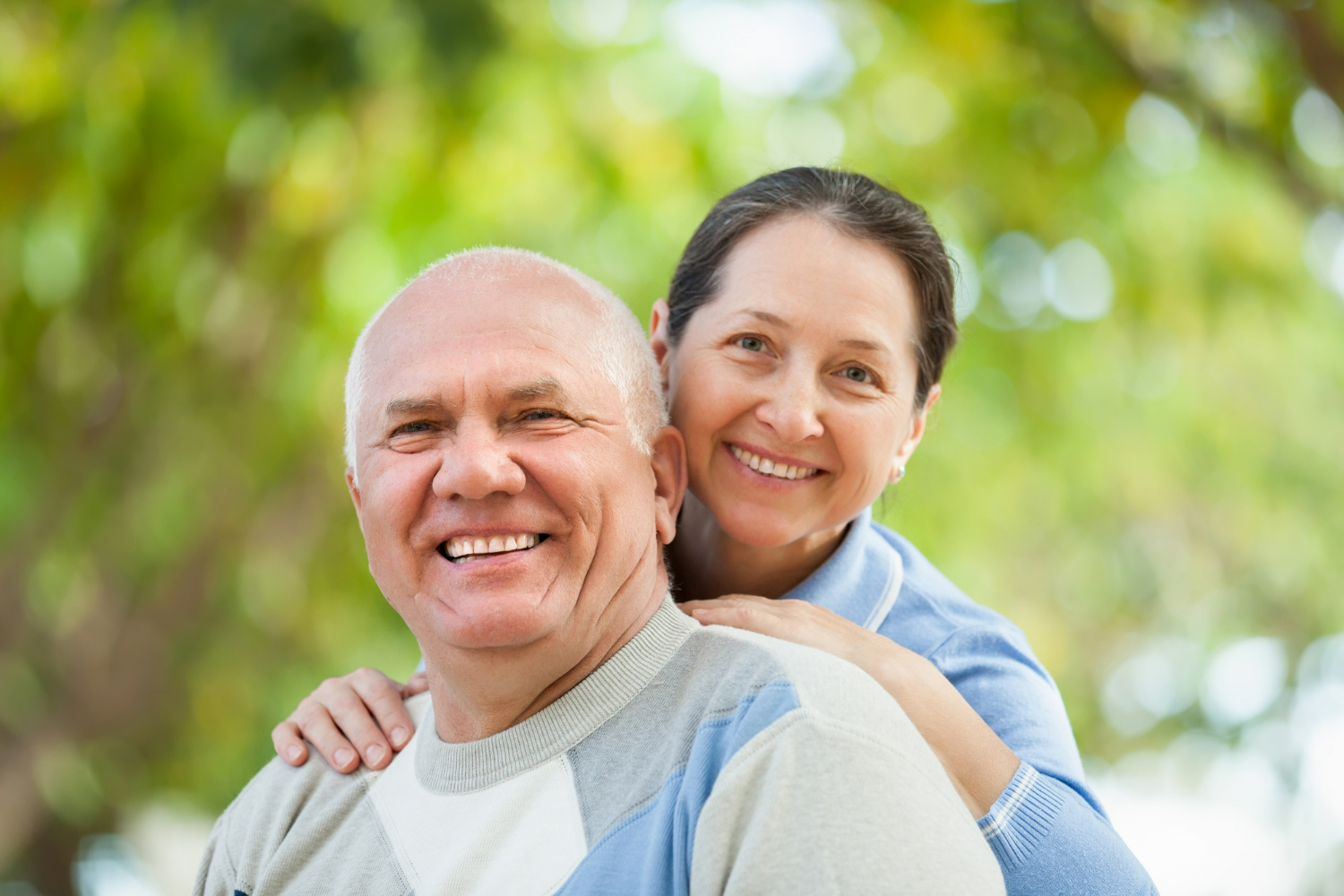Introduction
Positive body image and self-esteem are essential components of mental and emotional well-being, playing a significant role in preventing conditions like anorexia nervosa. This article explores strategies to promote positive body image and self-esteem as a means of preventing anorexia.
Understanding Anorexia
Definition and Characteristics of Anorexia Nervosa
Anorexia nervosa is a serious mental health disorder characterized by restrictive eating, intense fear of gaining weight, and distorted body image. Individuals with anorexia often perceive themselves as overweight despite being underweight, leading to severe physical and psychological consequences.
Relationship Between Negative Body Image, Low Self-Esteem, and Anorexia
Negative body image and low self-esteem are common precursors to the development of anorexia. The belief that thinness equates to beauty and worth, coupled with feelings of inadequacy and self-doubt, can drive individuals to engage in disordered eating behaviors as a means of achieving an idealized body image.
Factors Contributing to Negative Body Image and Low Self-Esteem
Societal Pressures and Media Influence
The pervasive influence of media, advertising, and social norms perpetuates unrealistic beauty standards, promoting thinness as the epitome of attractiveness and success. Constant exposure to idealized images can erode self-confidence and fuel dissatisfaction with one’s body.
Peer and Family Influence
Family dynamics, peer relationships, and social environments also play a significant role in shaping body image and self-esteem. Negative comments, comparisons, and pressure to conform to certain standards can contribute to feelings of inadequacy and self-consciousness.
Personal Experiences and Trauma
Experiences of bullying, trauma, or interpersonal conflicts can profoundly impact self-esteem and body image. Emotional distress and a sense of powerlessness may drive individuals to seek control through restrictive eating behaviors, exacerbating vulnerability to anorexia.
Strategies to Foster Positive Body Image
Practicing Self-Compassion and Acceptance
Encouraging individuals to practice self-compassion and acceptance involves cultivating kindness and understanding toward oneself, embracing imperfections, and recognizing intrinsic worth beyond external appearances.
Rejecting Unrealistic Beauty Standards
Challenging societal norms and unrealistic beauty standards involves promoting diverse representations of beauty and celebrating individuality. Emphasizing inner qualities and accomplishments over outward appearances fosters a more inclusive and positive outlook on body image.
Embracing Diversity and Individuality
Celebrating diversity and individuality involves appreciating the uniqueness of every body shape, size, and appearance. Encouraging acceptance and respect for differences cultivates a culture of inclusivity and reduces the pressure to conform to narrow beauty ideals.
Techniques to Boost Self-Esteem
Setting Realistic Goals and Celebrating Achievements
Encouraging individuals to set realistic goals and acknowledge their achievements builds confidence and self-esteem. Recognizing progress, no matter how small, reinforces a sense of accomplishment and fosters a positive self-image.
Cultivating Skills and Interests
Investing time and effort in developing skills, hobbies, and interests enhances self-esteem and provides a sense of purpose and fulfillment. Engaging in activities that align with personal values and passions nurtures a sense of competence and self-worth.
Surrounding Oneself with Supportive Relationships
Surrounding oneself with supportive relationships and positive influences fosters a sense of belonging and acceptance. Building a network of friends, family members, and mentors who offer encouragement and validation bolsters self-esteem and resilience.
Promoting Healthy Relationships with Food and Exercise
Emphasizing Nourishment and Balance
Promoting a healthy relationship with food involves viewing eating as a source of nourishment, pleasure, and sustenance rather than a means of control or punishment. Encouraging balanced and mindful eating habits supports physical and emotional well-being.
Redefining Exercise as Movement for Well-Being
Encouraging individuals to engage in physical activity as a form of self-care and enjoyment promotes a positive relationship with exercise. Emphasizing the benefits of movement for overall health and mood fosters a balanced approach to fitness.
Challenging Guilt and Shame Associated with Eating
Addressing feelings of guilt and shame surrounding food consumption involves reframing negative beliefs and attitudes. Encouraging self-compassion, flexibility, and non-judgmental attitudes toward eating behaviors fosters a healthier relationship with food.
Encouraging Open Communication and Seeking Support
Creating Safe Spaces for Expression
Fostering open communication and creating safe spaces for individuals to express their thoughts and feelings without fear of judgment or ridicule is essential. Encouraging dialogue about body image, self-esteem, and mental health promotes understanding and validation.
Normalizing Discussions About Body Image and Self-Esteem
Normalizing discussions about body image and self-esteem reduces stigma and facilitates support-seeking behaviors. Encouraging open dialogue in educational settings, workplaces, and social circles promotes awareness and acceptance of diverse experiences.
Seeking Professional Help When Needed
Emphasizing the importance of seeking professional help when struggling with body image issues or low self-esteem is crucial. Mental health professionals can provide support, guidance, and evidence-based interventions to address underlying concerns and promote healing.
Educating About Anorexia and its Consequences
Raising Awareness About the Dangers of Anorexia
Educating individuals about the risks and consequences of anorexia raises awareness and promotes prevention efforts. Providing accurate information about the physical, psychological, and social impacts of anorexia helps dispel myths and misconceptions.
Providing Information on Treatment and Recovery Resources
Equipping individuals with information about available treatment and recovery resources empowers them to seek help when needed. Highlighting the effectiveness of interventions such as therapy, nutritional counseling, and support groups encourages early intervention and facilitates recovery.
Empowering Individuals to Recognize and Address Warning Signs
Empowering individuals to recognize warning signs of anorexia in themselves or others facilitates early intervention and prevention. Educating about common symptoms, behavioral changes, and risk factors enables individuals to take proactive steps toward seeking help and support.
Implementing Prevention Programs and Initiatives
School-Based Education and Awareness Campaigns
Implementing school-based education and awareness programs fosters a culture of body positivity and mental health promotion. Providing age-appropriate information about body image, self-esteem, and healthy coping strategies equips young people with essential skills and resilience.
Community Support Groups and Workshops
Establishing community support groups and workshops provides a space for individuals to connect, share experiences, and access peer support. Offering resources and guidance on body acceptance, self-care, and coping strategies strengthens community resilience and fosters a sense of belonging.
Collaboration with Healthcare Professionals and Advocacy Organizations
Collaborating with healthcare professionals and advocacy organizations enhances prevention efforts and promotes holistic approaches to mental health. Building partnerships with experts in eating disorders, mental health, and public health facilitates the development and implementation of evidence-based interventions.
Conclusion
Promoting positive body image and self-esteem is essential for preventing anorexia and fostering overall well-being. By implementing strategies to challenge negative beliefs, support healthy relationships with food and exercise, and promote open communication and support-seeking behaviors, we can create a culture that values diversity, self-acceptance, and resilience. Together, we can work towards preventing anorexia and promoting mental health for all.

















